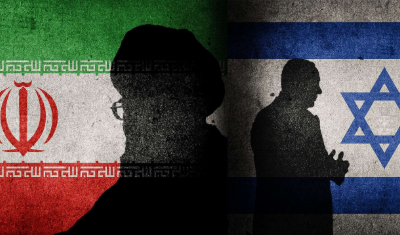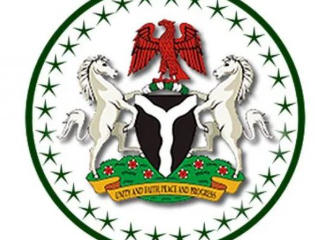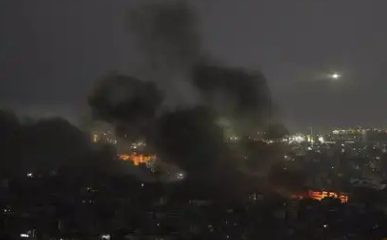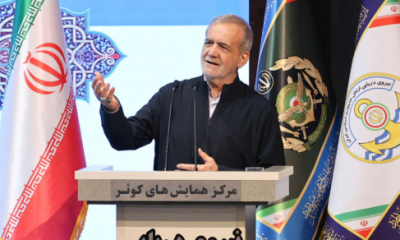Iran’s supreme leader told the head of Hamas in a face-to-face meeting in Tehran that his country would not enter the war with Israel and accused the terror group of not giving any prior warning of the Oct 7 attacks.
Ayatollah Ali Khamenei told Ismail Haniyeh that Iran – a longtime backer of Hamas – would continue to lend the group its political and moral support, but would not intervene directly, according to three Iranian and Hamas officials with knowledge of the discussions who asked to remain anonymous.
The supreme leader pressed Haniyeh to silence those voices in the Palestinian group publicly calling for Iran and its powerful Lebanese ally Hezbollah to join the battle against Israel in full force, a Hamas official told Reuters.
Hezbollah, too, was taken by surprise by Hamas’s devastating assault last month that killed 1,200 Israelis. Its fighters were not even on alert in villages near the border that were front lines in its 2006 war with Israel, and had to be rapidly called up, three sources close to the Lebanese group said.
The unfolding crisis marks the first time that the so-called “axis of resistance” – a military alliance built by Iran over four decades to oppose Israeli and American power in the Middle East – has mobilised on multiple fronts at the same time.
READ ALSO: Israel-Hamas War: Nigerian Senate calls for ceasefire, urges FG to intervene
Hezbollah has engaged in the heaviest clashes with Israel for almost 20 years. Iran-backed militias have targeted US forces in Iraq and Syria. Yemen’s Houthis have launched missiles and drones at Israel.
The conflict is also testing the limits of the regional coalition whose members – which include the Syrian government, Hezbollah, Hamas and other militant groups from Iraq to Yemen – have differing priorities and domestic challenges.
Mohanad Hage Ali, an expert on Hezbollah at the Carnegie Middle East Centre think tank in Beirut, said Hamas’s Oct 7 assault on Israel had left its axis partners facing tough choices in confronting an adversary with far superior firepower.
“When you wake up the bear with such an attack, it’s quite difficult for your allies to stand in the same position as you.”
READ ALSO: Israel-Palestine conflict: Be neutral, radical preacher warns Tinubu
Hamas, the ruling group of Gaza, is fighting for its survival against an avenging Israel, which vows to wipe it out and has launched a retaliatory onslaught on the tiny enclave that has killed more than 11,000 Palestinians.
On Oct 7, Mohammed Deif, Hamas’s military commander, called on its axis allies to join the struggle. “Our brothers in the Islamic resistance in Lebanon, Iran, Yemen, Iraq and Syria, this is the day when your resistance unites with your people in Palestine,” he said in an audio message.
Hints of frustration surfaced in subsequent public statements by Hamas leaders including Khaled Meshaal, who in an Oct 16 TV interview thanked Hezbollah for its actions thus far but said “the battle requires more” .
Nonetheless, alliance leader Iran will not directly intervene in the conflict unless it is itself attacked by Israel or the US, according to six officials with direct knowledge of Tehran’s thinking who declined to be named due to the sensitive nature of the matter.
Instead, Iran’s clerical rulers plan to continue using their axis network of armed allies, including Hezbollah, to launch rocket and drone attacks on Israeli and American targets across the Middle East, the officials said.

 Health5 days ago
Health5 days ago
 Entertainment7 days ago
Entertainment7 days ago
 Education1 week ago
Education1 week ago
 Crime6 days ago
Crime6 days ago
 Health1 week ago
Health1 week ago
 Comments and Issues6 days ago
Comments and Issues6 days ago
 Football7 days ago
Football7 days ago
 Latest6 days ago
Latest6 days ago













